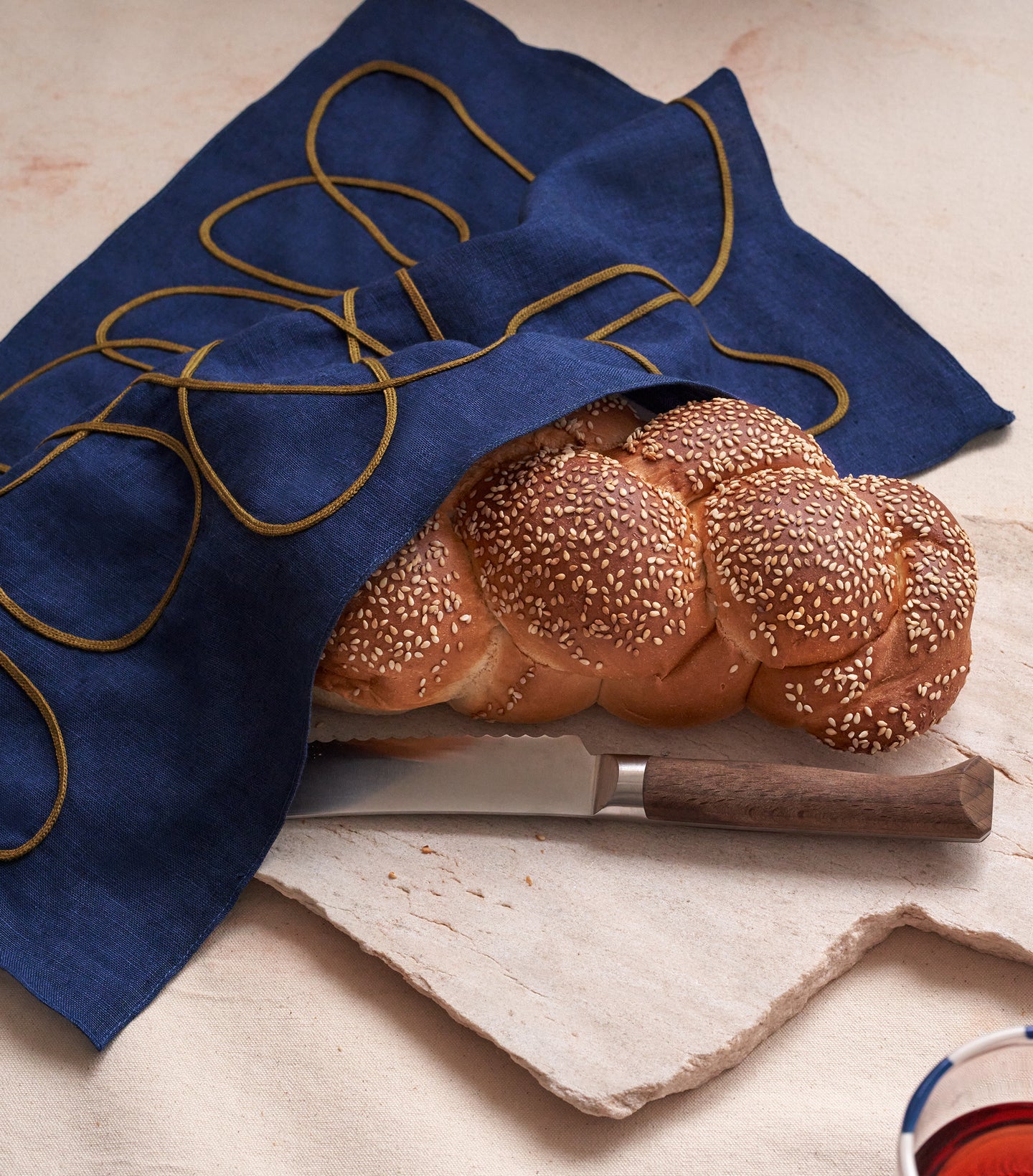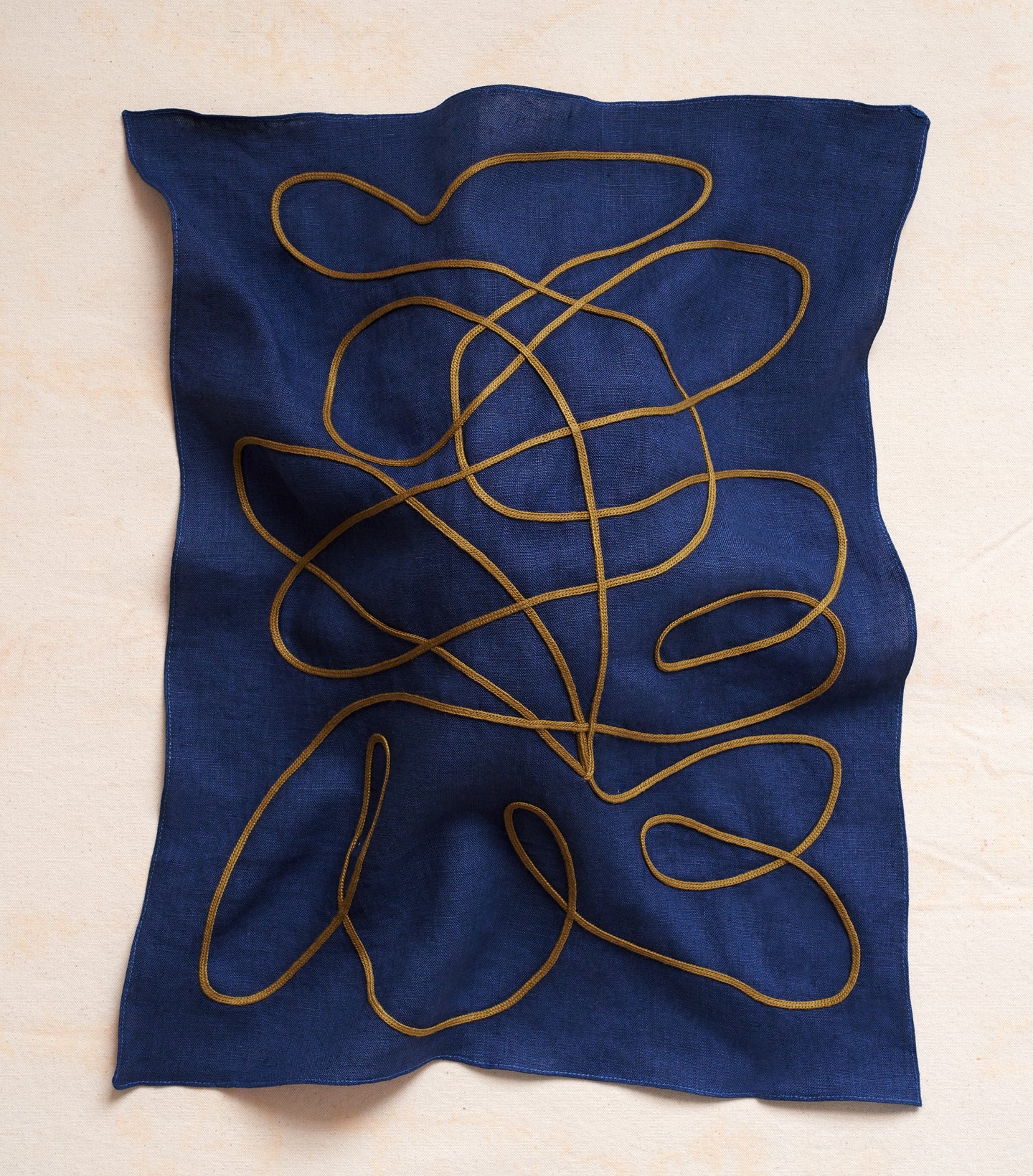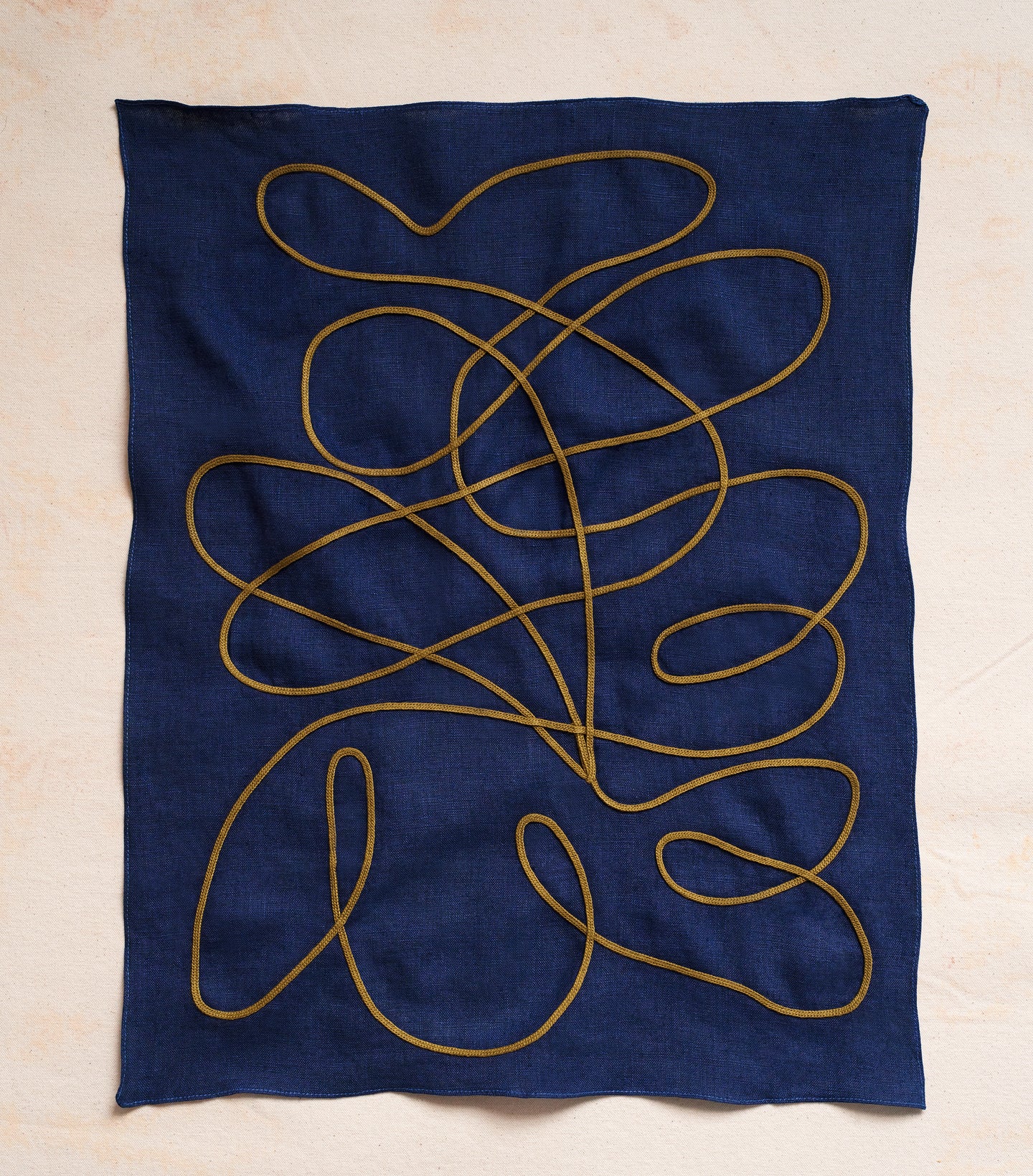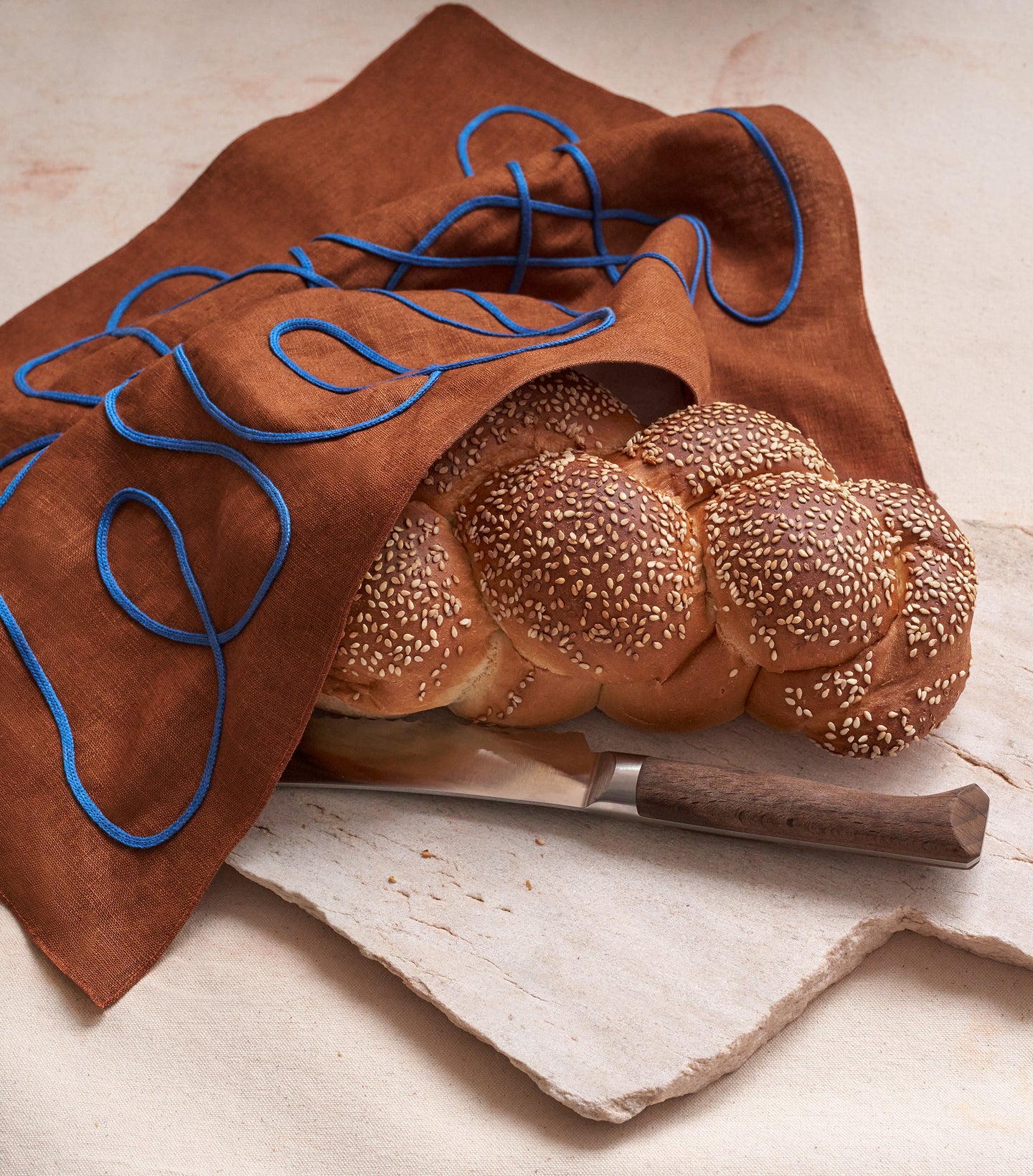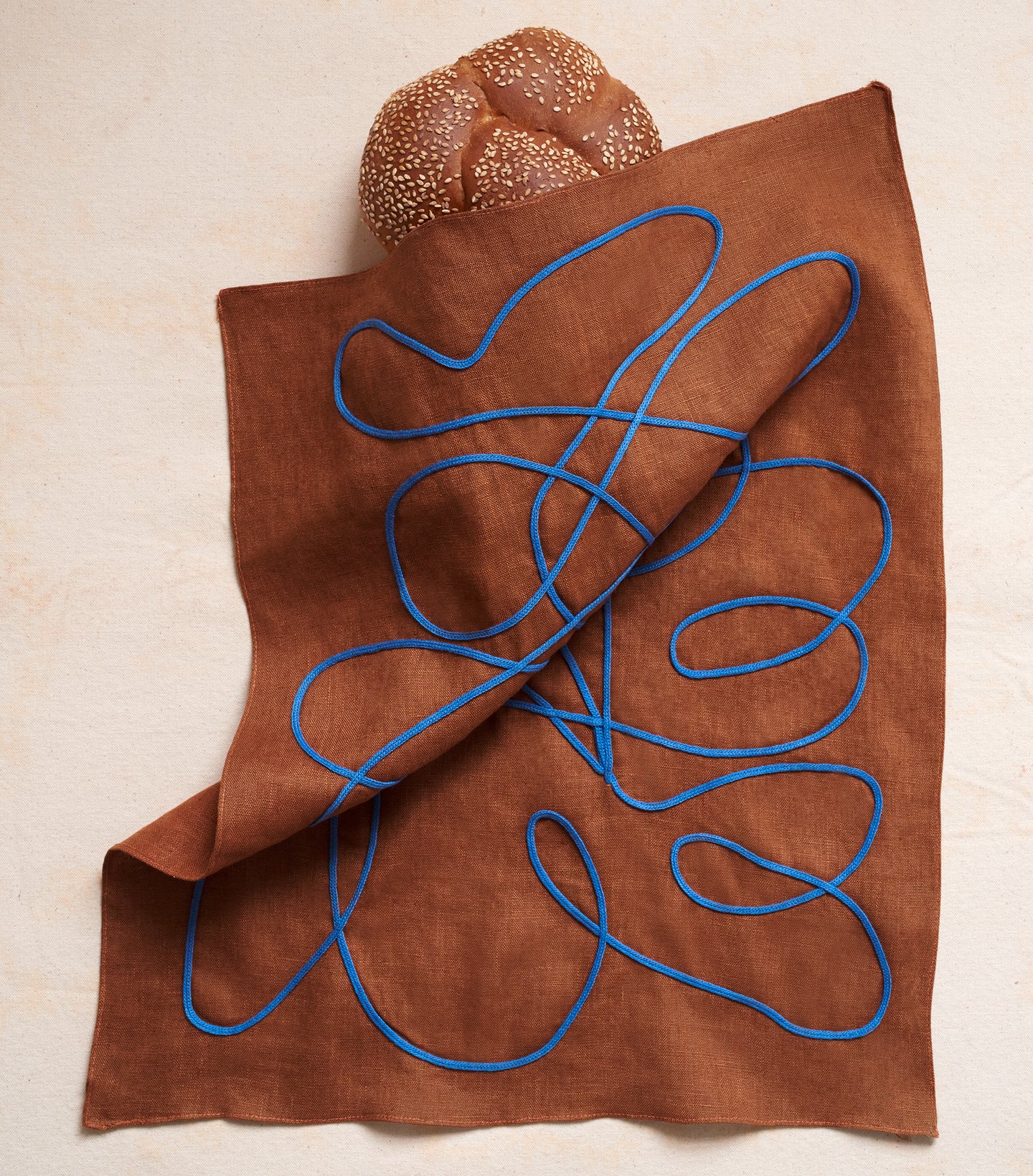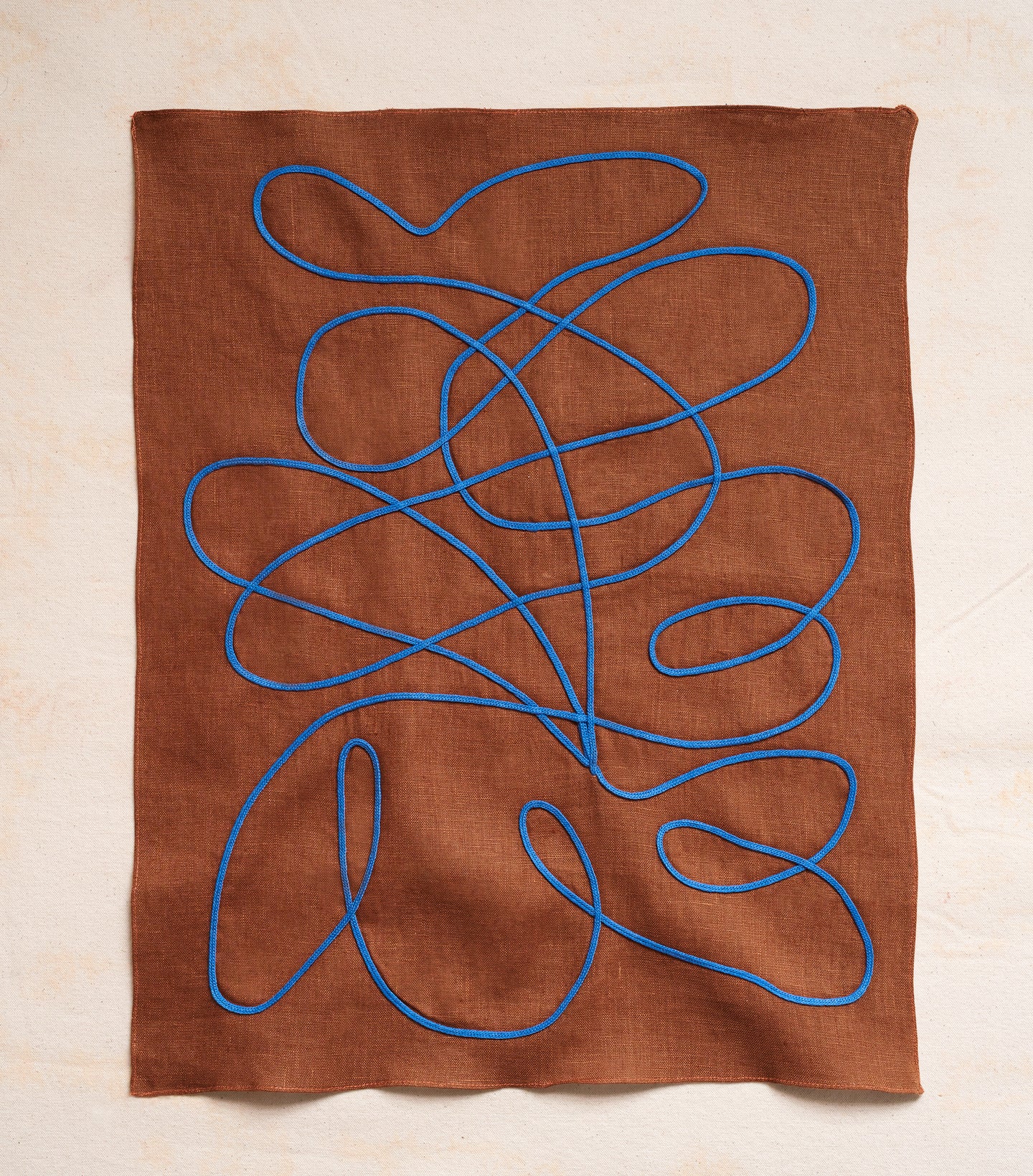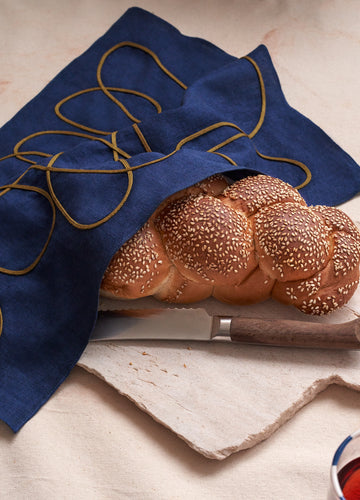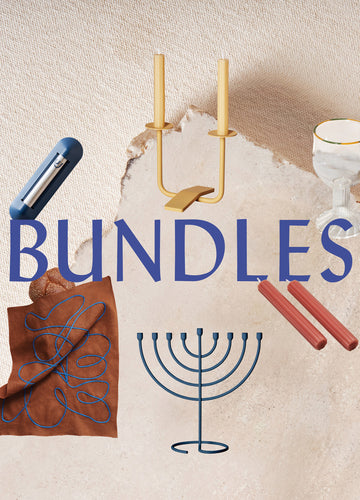You may also like
-
Challah Cover
![Challah Cover Via Maris]()
- Translation missing: en.products.product.regular_price
- from $68.00
- Sale price
- from $68.00
- Translation missing: en.products.product.regular_price
-
$85.00 - Unit price
- per
Out of stock -
Bundles
![]()
- Translation missing: en.products.product.regular_price
- $194.40
- Sale price
- $194.40
- Translation missing: en.products.product.regular_price
-
$243.00 - Unit price
- per
Out of stock






